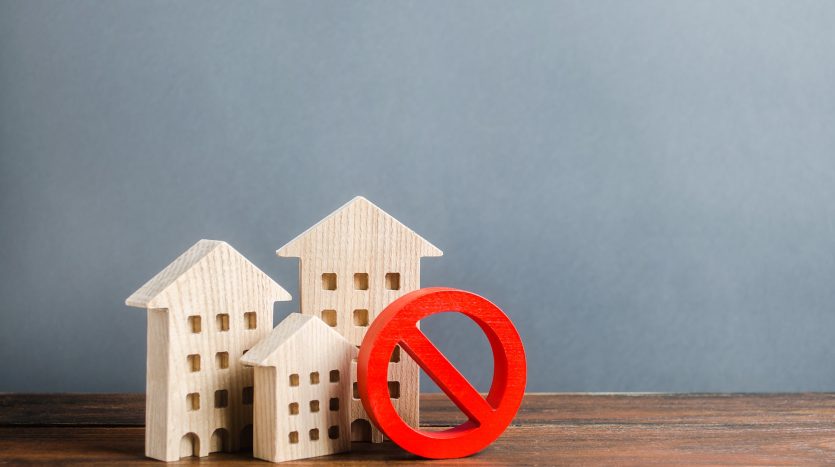Housing Bubbles in Canada: Inflation and Speculation
Real estate bubbles are a recurring phenomenon that have significant impacts on economies and households alike. In Canada, the real estate market has been a topic of concern in recent years due to the possibility of a housing bubble forming. A housing bubble is a situation where the price of real estate assets rises above their intrinsic value and is typically fueled by speculation and credit expansion. This article will examine how a housing bubble is formed, with a specific focus on the Canadian real estate market, and the role of inflation in this process.
In general, housing bubbles are formed when there is a significant increase in demand for real estate, typically due to an influx of investment capital or an increase in household wealth. This demand drives up the price of real estate, leading to a cycle of speculation and further price increases. In many cases, this is accompanied by an increase in credit availability, as lenders become more willing to extend loans to buyers. As the demand for real estate increases, more people seek out loans to purchase properties, leading to a further increase in prices.
One key factor that contributes to the formation of a housing bubble is low interest rates. In Canada, the Bank of Canada (BoC) has kept interest rates at historically low levels for a prolonged period. This has contributed to a rise in demand for housing, as mortgages have become more affordable. However, low interest rates also encourage borrowing, which can lead to a buildup of debt, potentially making households vulnerable in the event of an economic downturn or a sudden increase in interest rates.
Another key factor that contributes to the formation of a housing bubble is speculation. Speculation occurs when people buy real estate with the expectation of selling it later at a higher price, rather than as a long-term investment. This behavior can be self-reinforcing, as the expectation of rising prices encourages more people to invest in real estate, further driving up prices. In Canada, there are several examples of speculative behavior in the real estate market. For instance, foreign buyers have been known to purchase properties in popular markets like Vancouver and Toronto, with the expectation of reselling them later at a higher price. Similarly, some investors have been known to purchase multiple properties with the intention of renting them out, rather than living in them themselves. This behavior can drive up prices and create a cycle of speculation and further price increases.
Inflation is another factor that can contribute to the formation of a housing bubble. Inflation refers to the general increase in prices of goods and services in an economy over time. Inflation erodes the purchasing power of money, which means that the same amount of money can buy fewer goods and services over time. This can lead to an increase in demand for real estate, as people look for a store of value that will retain its purchasing power over time. Real estate is often seen as a safe investment during periods of high inflation, as the price of the property is likely to increase along with the general increase in prices. This can lead to an increase in demand for real estate, potentially contributing to the formation of a housing bubble.
In Canada, inflation has been relatively low in recent years, but it is still a factor to consider. An increase in inflation could potentially lead to an increase in demand for real estate, as people seek out investments that will retain their value over time. However, it could also lead to an increase in interest rates, which would make borrowing more expensive, potentially dampening demand for real estate.
There are several potential consequences of a housing bubble. When the bubble bursts, there is often a sudden drop in real estate prices, leaving investors and homeowners with properties that are worth less than what they paid for. This can lead to financial losses and can also have wider economic impacts, as the decline in real estate prices can lead to a decrease in construction and real estate-related jobs. Additionally, a housing bubble can also lead to a rise in household debt, as people borrow heavily to buy real estate, leaving them vulnerable in the event of an economic downturn.
Given the potential consequences of a housing bubble, it is important for policymakers and investors to monitor the real estate market and take steps to prevent a bubble from forming. This can include measures such as stricter lending standards, taxes on speculative behavior, and increased oversight of real estate markets.
In conclusion, a housing bubble is a situation where the price of real estate assets rises above their intrinsic value, typically fueled by speculation and credit expansion. In Canada, several factors contribute to the possibility of a housing bubble forming, including low interest rates, speculation, and inflation. Policymakers and investors must monitor the real estate market closely to prevent a bubble from forming and mitigate the potential economic impacts of a housing bubble.






